Waste and recycling
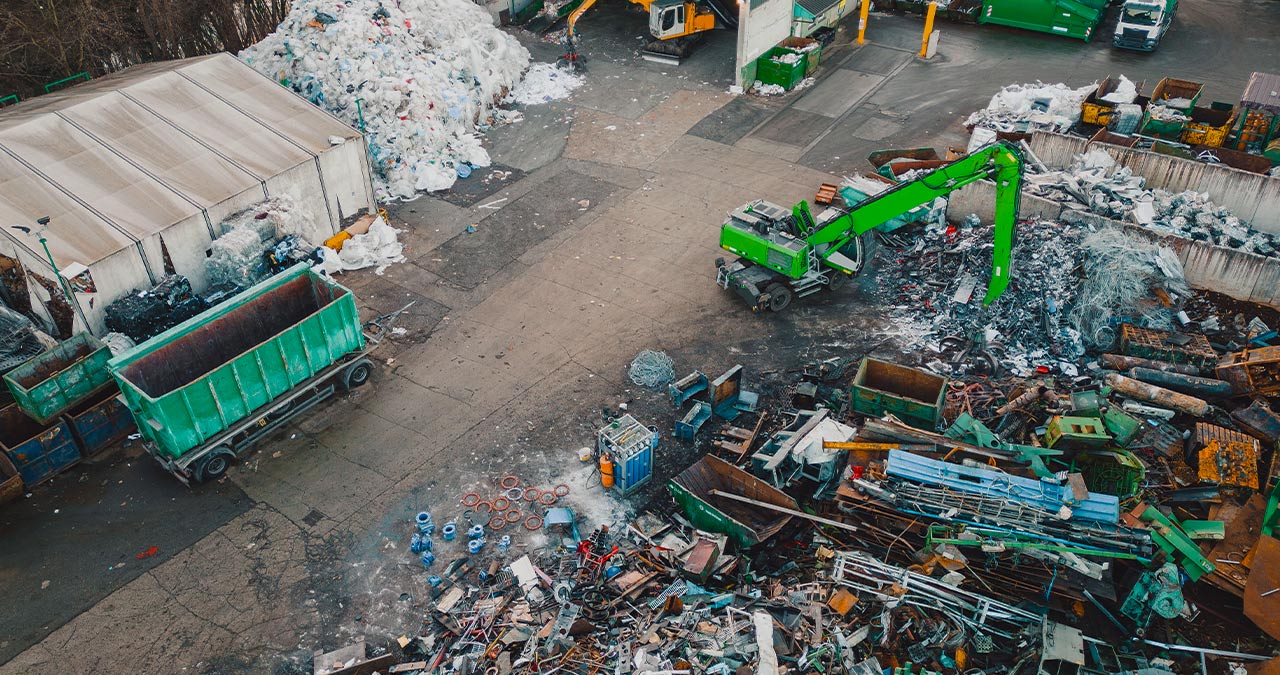
With the mass production and consumption of products comes the challenge of managing their end of life.
Products made up of the most diverse materials (e.g. glass, plastic, metal, cardboard, electrical and electronic), when they reach the end of their life cycle, are seen as waste, but have economic value.
The circular economic model envisages them being recycled and becoming resources again, giving rise to new products.
Producing new products using recycled raw materials often requires less energy than producing a product with new materials.
In addition, recycling plants can be optimized from an energy point of view by improving their energy efficiency, monitoring their energy or by producing renewable energy for self-consumption.
We believe in the energy transition as a way to promote the competitiveness and sustainability of your business, combining economy and ecology.
José Aranda Correia
The three plants produced in 2019 a total of 1,220 GWh, of which 34% were exported to the grid and 66% self-consumed. The production of photovoltaic energy allowed to avoid 304.4 t of CO2 emissions (Average specific emission: 379 g CO2/kWh. Source: Iberdrola), thus contributing to the decarbonization of our country's economy.
Projects of the Waste and Recycling sector
Tratolixo invests in relighting the exterior of Abrunheira Ecopark
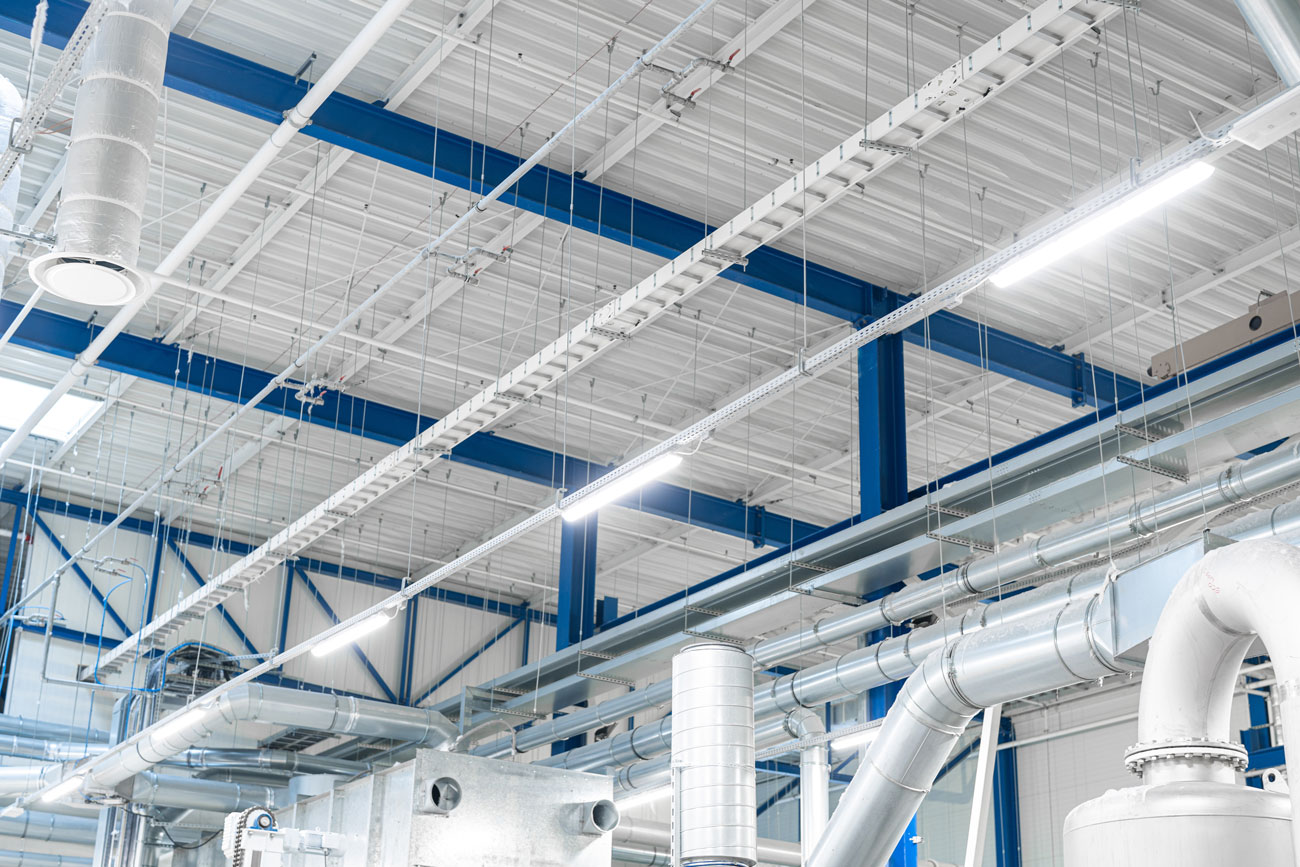
Tratolixo performs audit for energy categorization
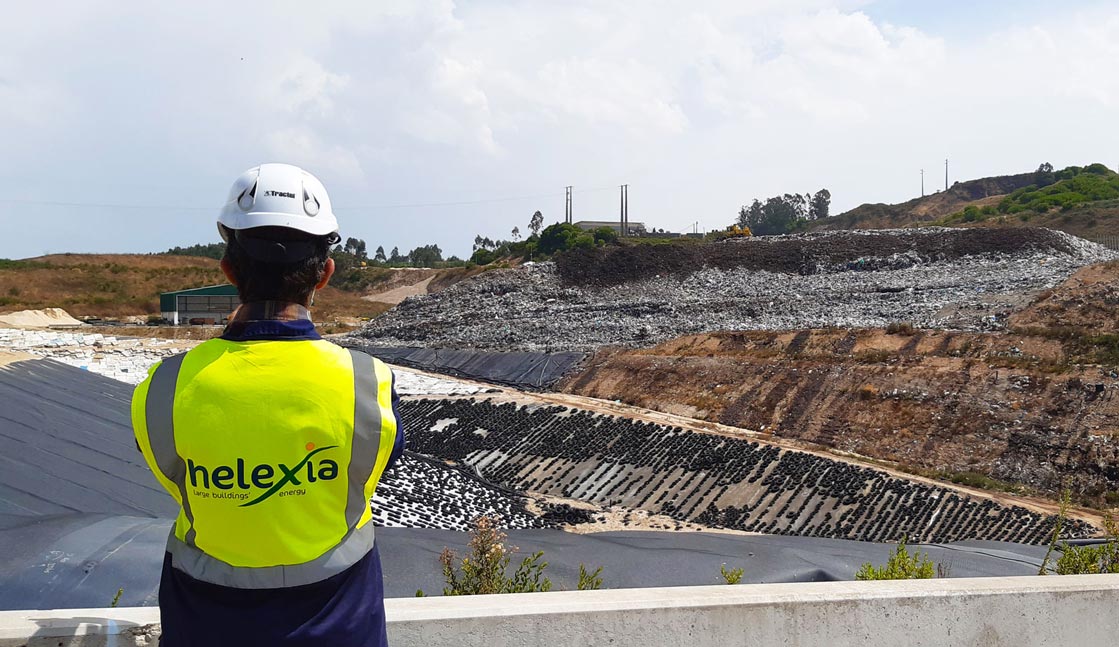
Green energy at Ambigroup recycling
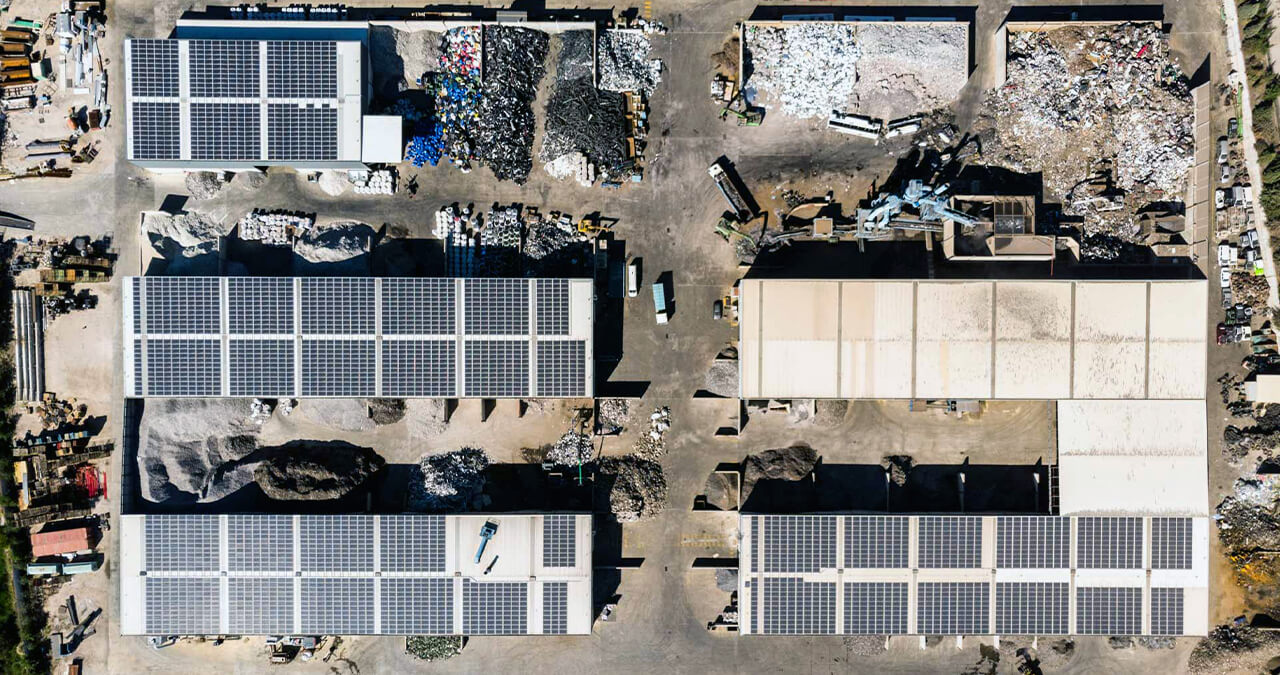
If your business faces the challenge of decarbonization and self-consumption
We are ready to be your partner, from consulting to investment.
